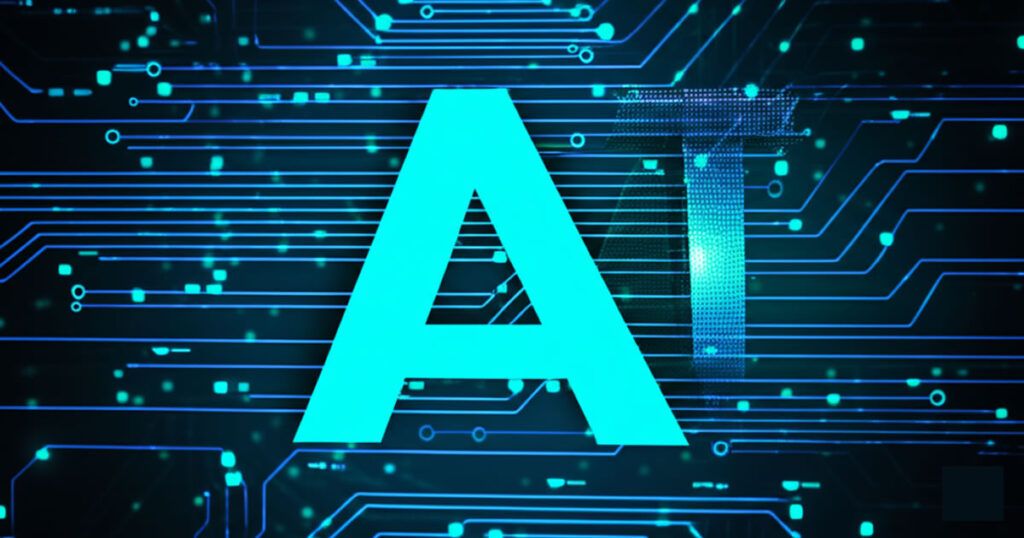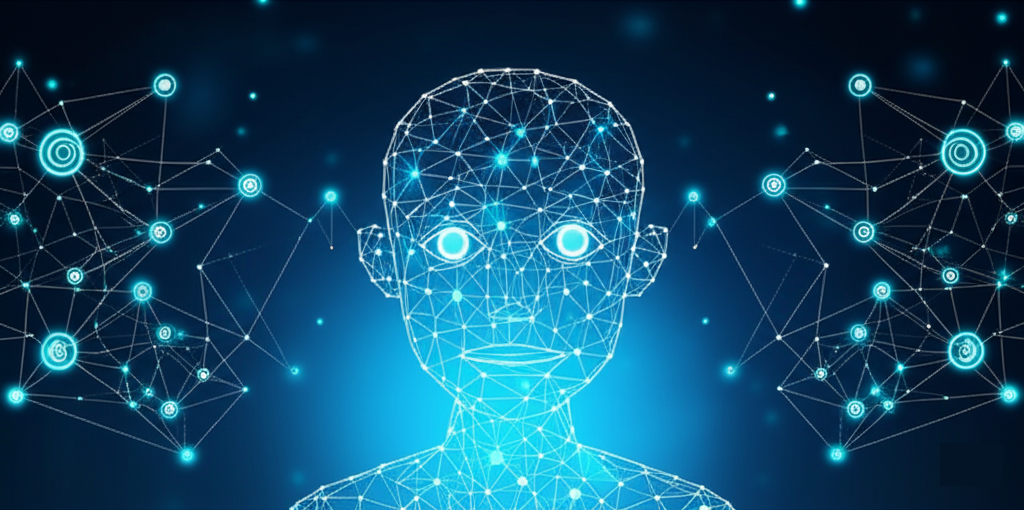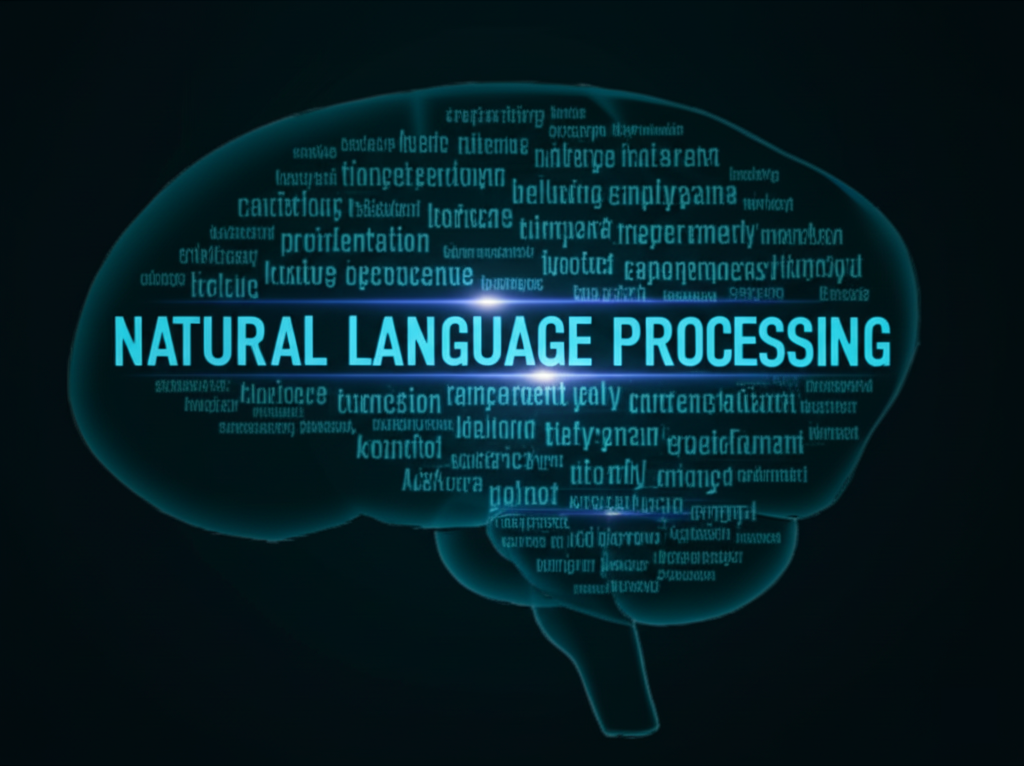AI agents are intelligent systems designed to perceive their environment and take actions autonomously to achieve specific goals. Think of them as software entities with a degree of artificial intelligence that allows them to make decisions and interact with the world without direct human intervention. They can range from simple rule-based programs to sophisticated deep learning models. Their core function is to automate tasks, solve problems, and provide assistance in various domains.
Key Insights and Recent Advancements 🚀
Recent advancements in machine learning, particularly in areas like natural language processing and reinforcement learning, have significantly enhanced the capabilities of AI agents. Some key insights include:
- Improved Perception: AI agents can now better understand complex data, including text, images, and audio, leading to more accurate interpretations of their environment.
- Enhanced Decision-Making: Using advanced algorithms, agents can make more informed and strategic decisions, adapting to changing circumstances.
- Increased Autonomy: Modern AI agents require less human supervision and can perform more complex tasks independently.
- Greater Personalization: Agents are becoming better at learning individual preferences and tailoring their actions and responses accordingly.
Notable Applications 💡
AI agents are being deployed across a wide range of industries:
- Customer Service: Chatbots and virtual assistants provide instant support and answer queries.
- Healthcare: AI assists in diagnosis, drug discovery, and personalized treatment plans.
- Finance: Algorithmic trading and fraud detection are powered by AI agents.
- Logistics and Supply Chain: Agents optimize routes, manage inventory, and predict potential disruptions.
- Smart Homes: Virtual assistants control devices and automate daily routines.
Emerging Trends and Potential Industry Impacts 📈
The field of AI agents is rapidly evolving, with several key trends shaping its future:
- Multi-Agent Systems: Collaboration between multiple AI agents to solve complex problems.
- Embodied AI: Agents with physical presence (like robots) that can interact with the physical world.
- Explainable AI (XAI): Efforts to make the decision-making processes of AI agents more transparent and understandable.
- Ethical Considerations: Growing focus on ensuring fairness, accountability, and safety in AI agent design and deployment.
The potential industry impacts are significant, promising increased efficiency, automation of repetitive tasks, and the creation of new products and services. As AI agents become more sophisticated, they are poised to transform the way we live and work.


